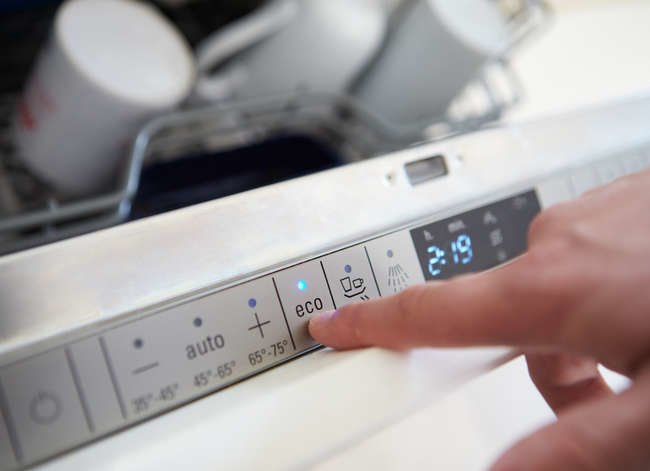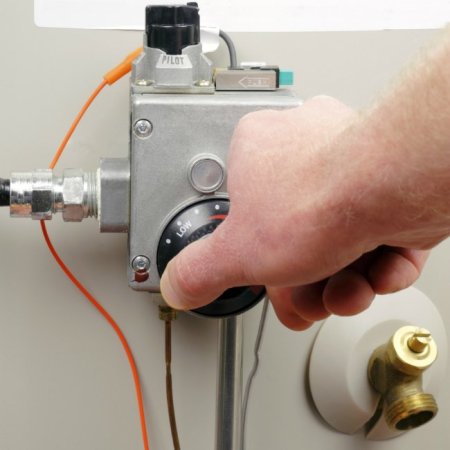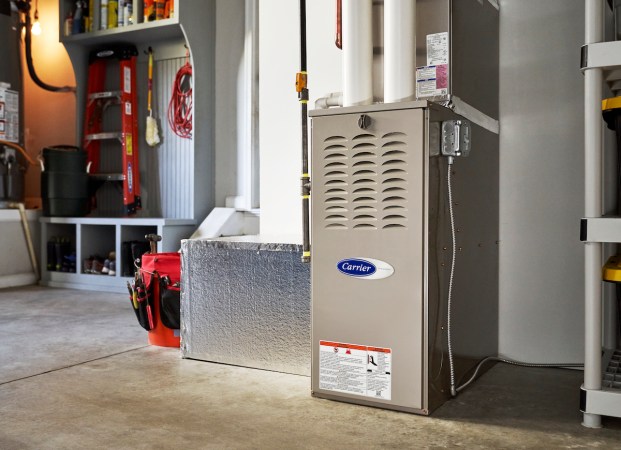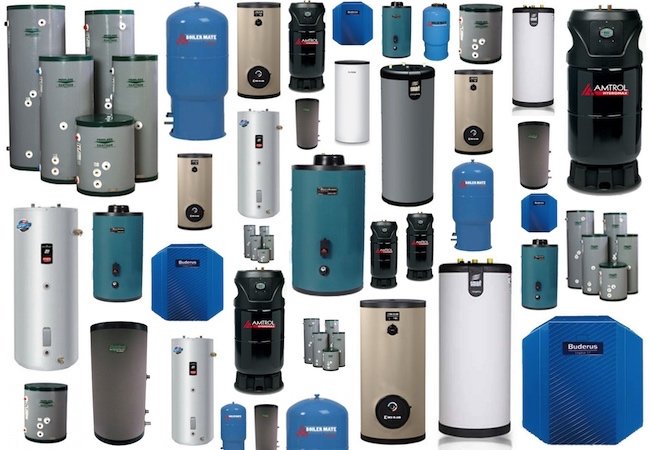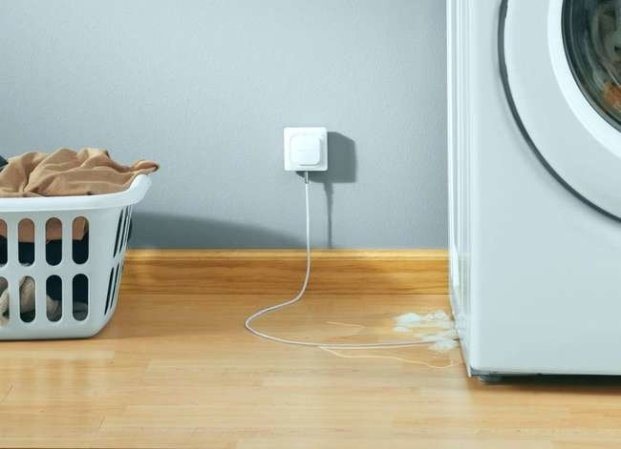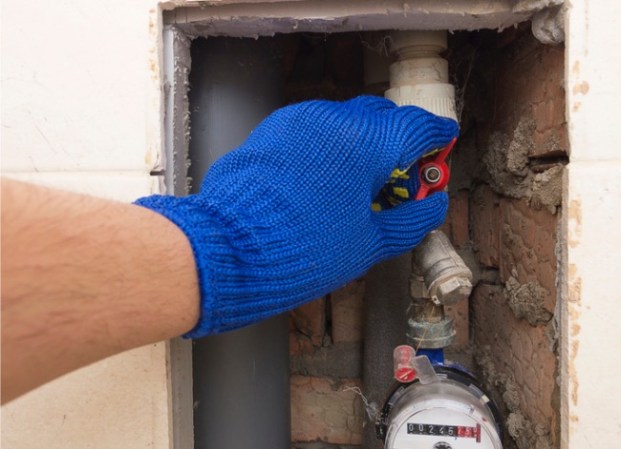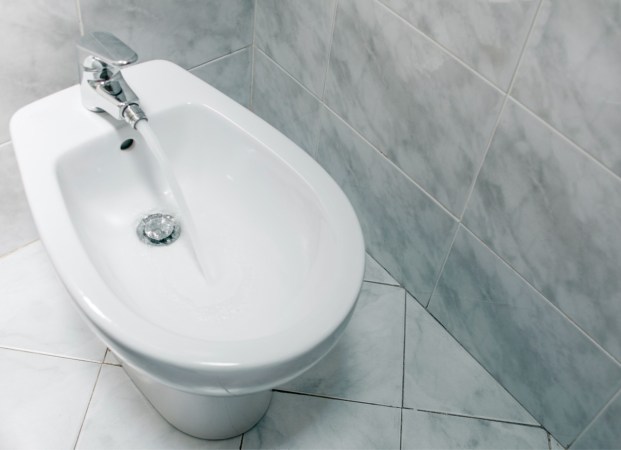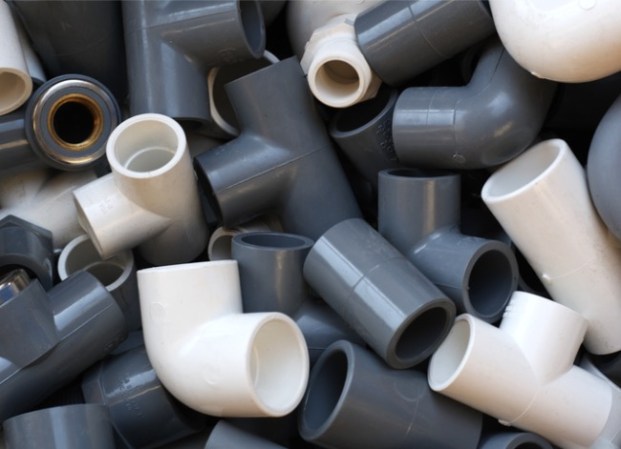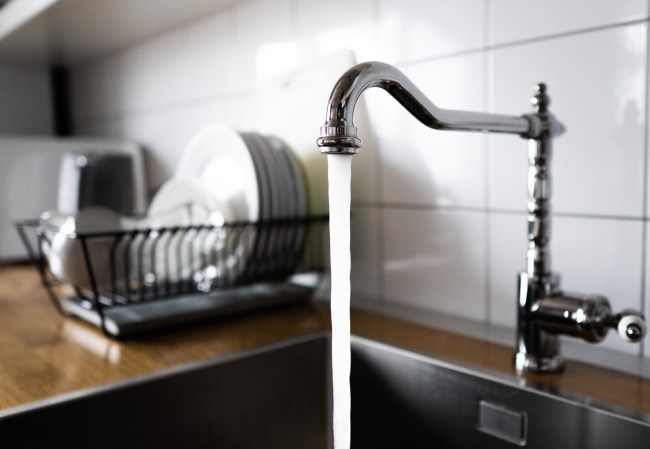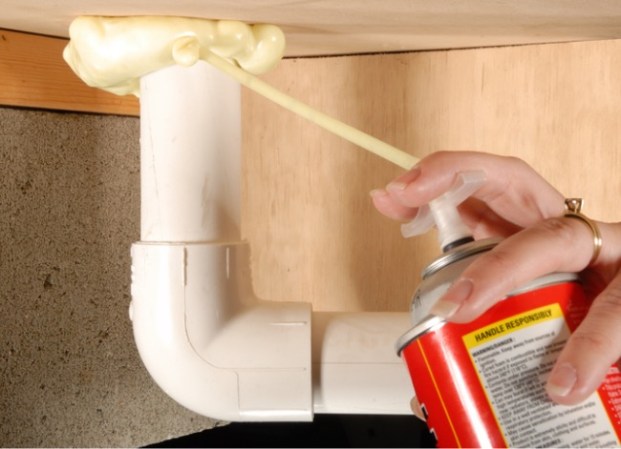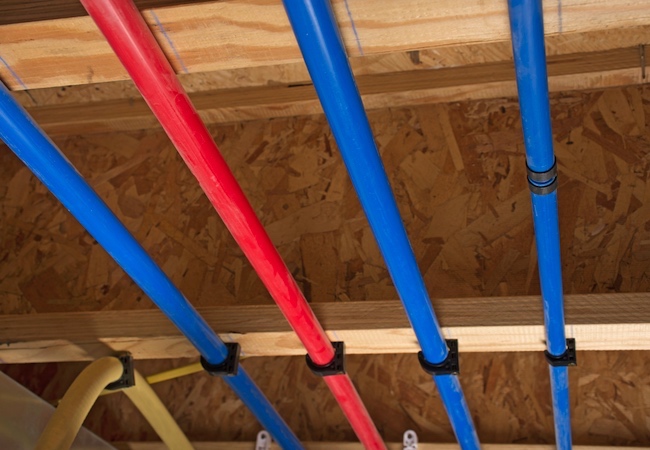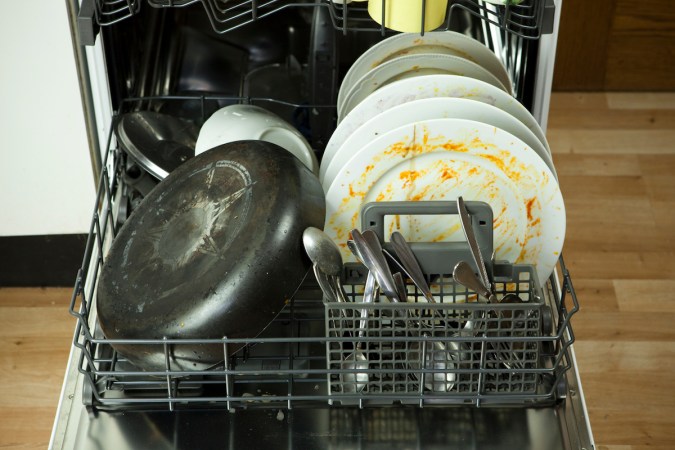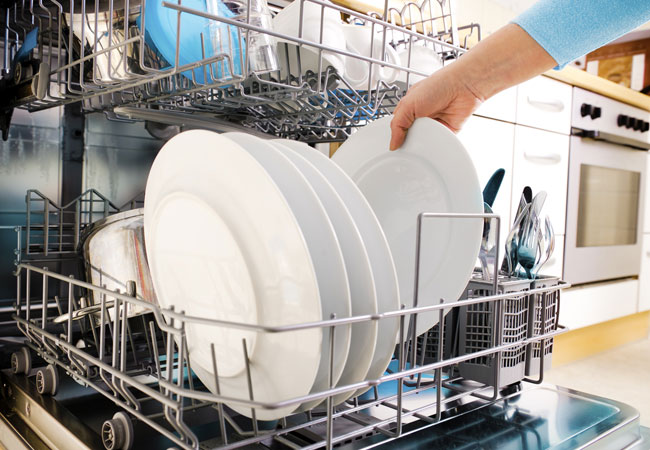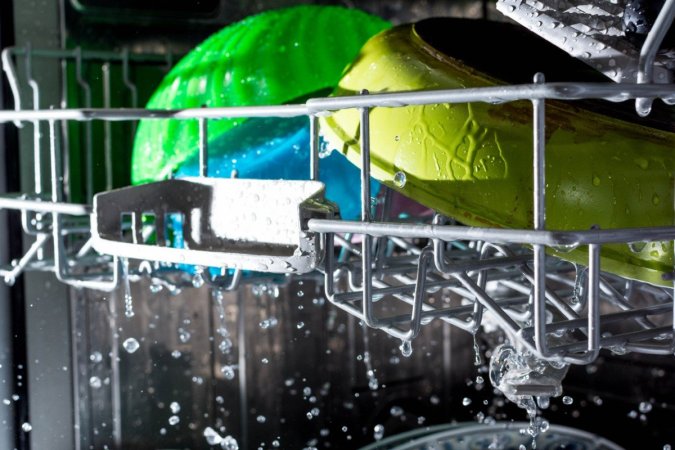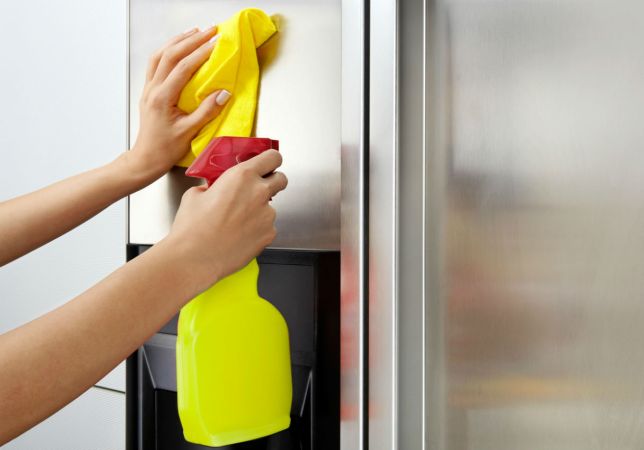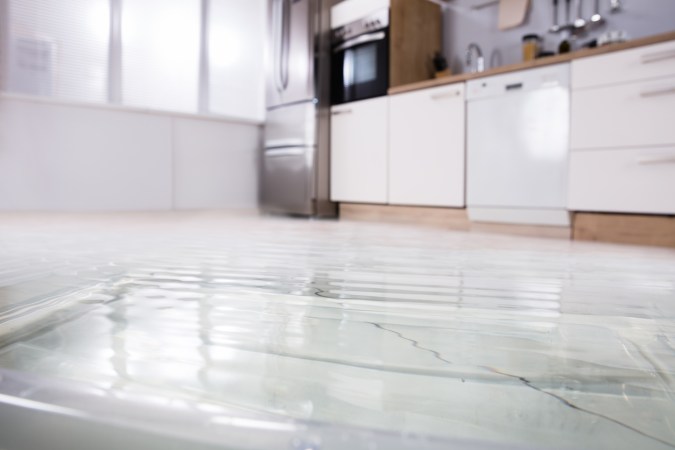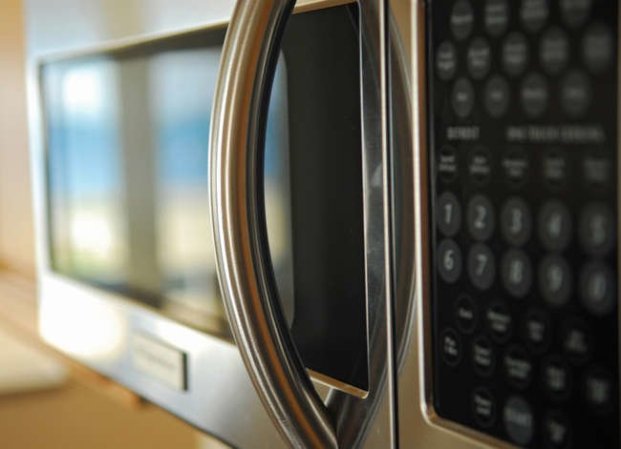We may earn revenue from the products available on this page and participate in affiliate programs. Learn More ›
Performance Enhancing Dishwasher
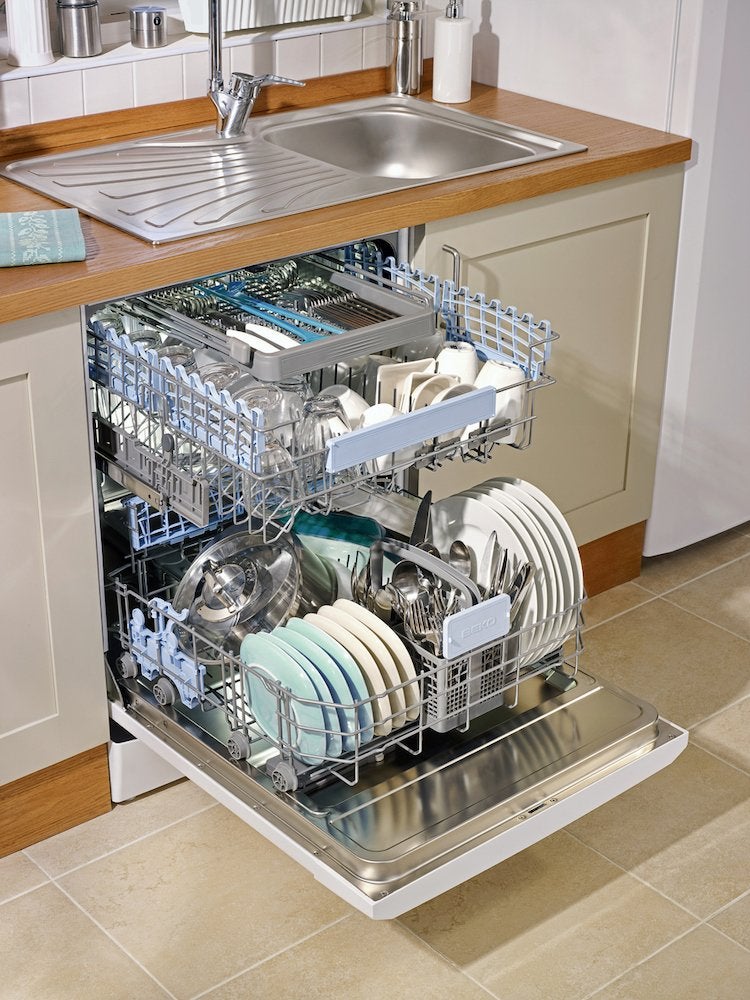
Modern dishwashers are true time- and labor-savers, but they don’t always perform the way you’d hope. Nearly everyone has had the regrettable experience of opening the dishwasher to find the glasses covered with spots or food residue lingering on the plates. There are, however, a number of simple steps that you can take to keep your dishwasher operating at peak performance. Regular maintenance of a newer dishwasher will ensure years of faithful service, and even older models can show a marked improvement in cleaning ability if you check for—and correct—a few common problems.
Dump the Gunk

A dishwasher’s cleaning ability can be compromised if you deposit too much food residue into the system. It might seem obvious, but scrape leftover food off the plates before putting them into the dishwasher. You should not, however, have to pre-rinse dishes.
Hot Hot Hot!
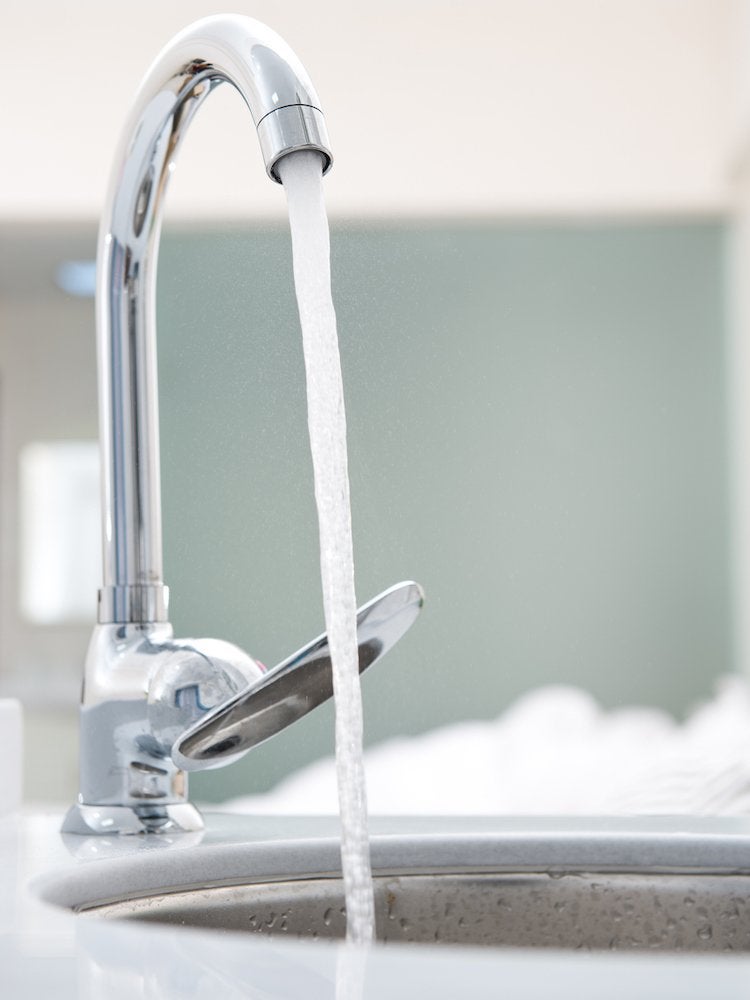
Hot water cleans best, so make sure your dishwasher is getting the hottest water possible. Check the temperature of the hot water at the kitchen faucet using a meat or candy thermometer—it should be 120 degrees. Adjust the setting on your water heater if necessary. Also, running the hot water at the kitchen sink before starting the dishwasher will ensure that the tub fills with truly hot water.
Easy to Be Hard
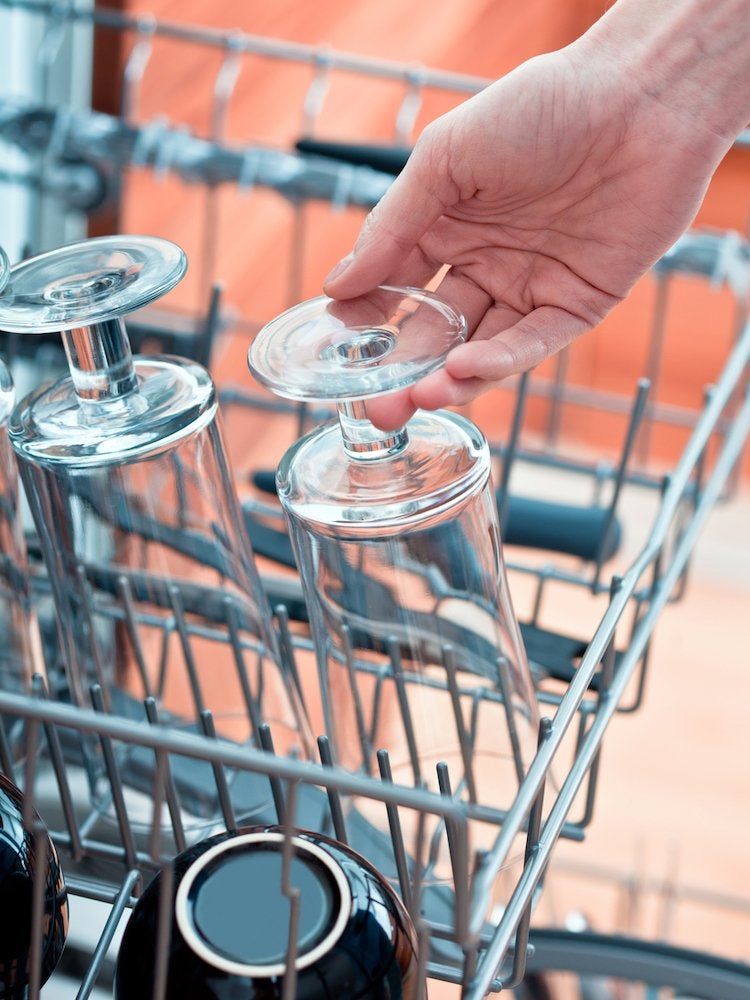
Hard water can leave an ugly residue on glasses and plates. If your dishes are coming out spotty, check to see if you have hard water by using an inexpensive test kit from a local home center. If you find that your water is hard, install a water softener to prevent stains and mineral buildup.
Balanced Load
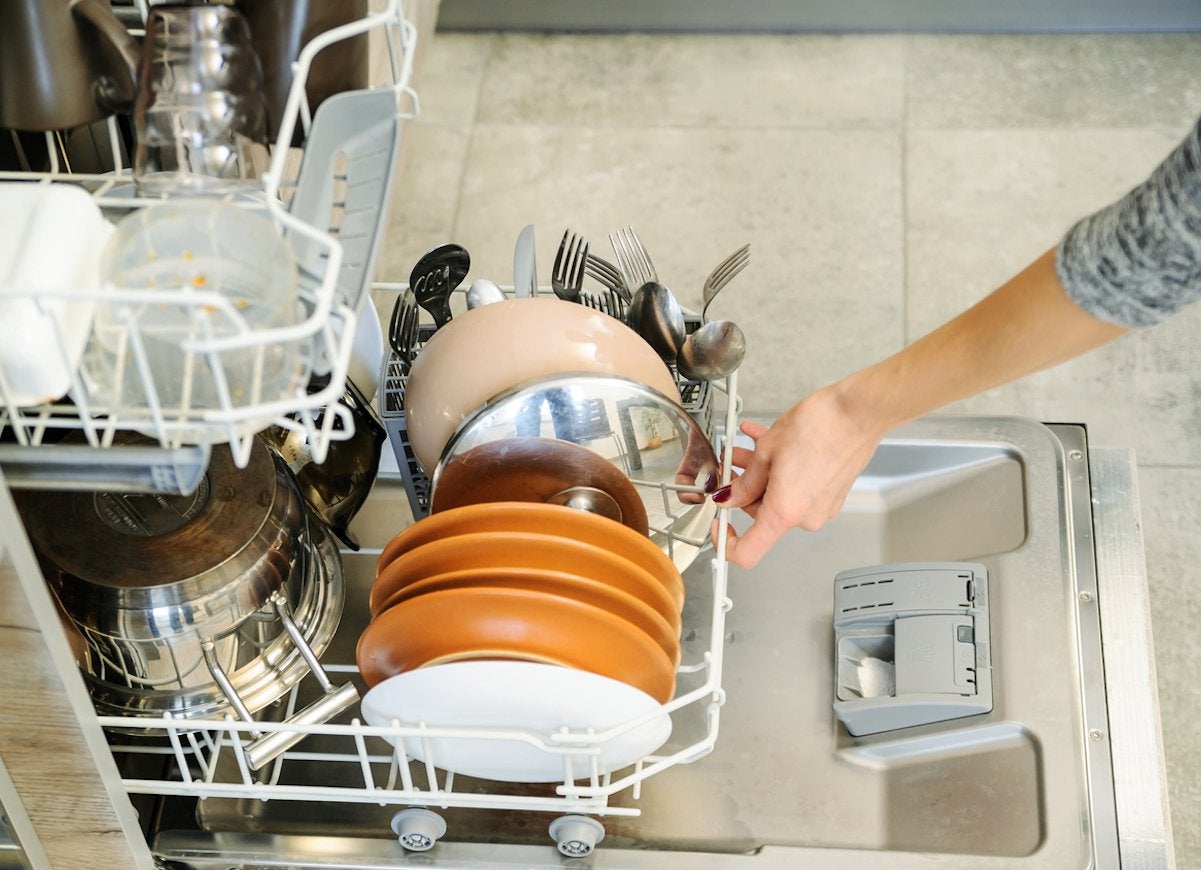
Carefully follow the manufacturer’s recommendations for loading the dishwasher. Crowding or overloading the dishwasher can block the spray arm and prevent water from reaching all surfaces.
Soapy Suds
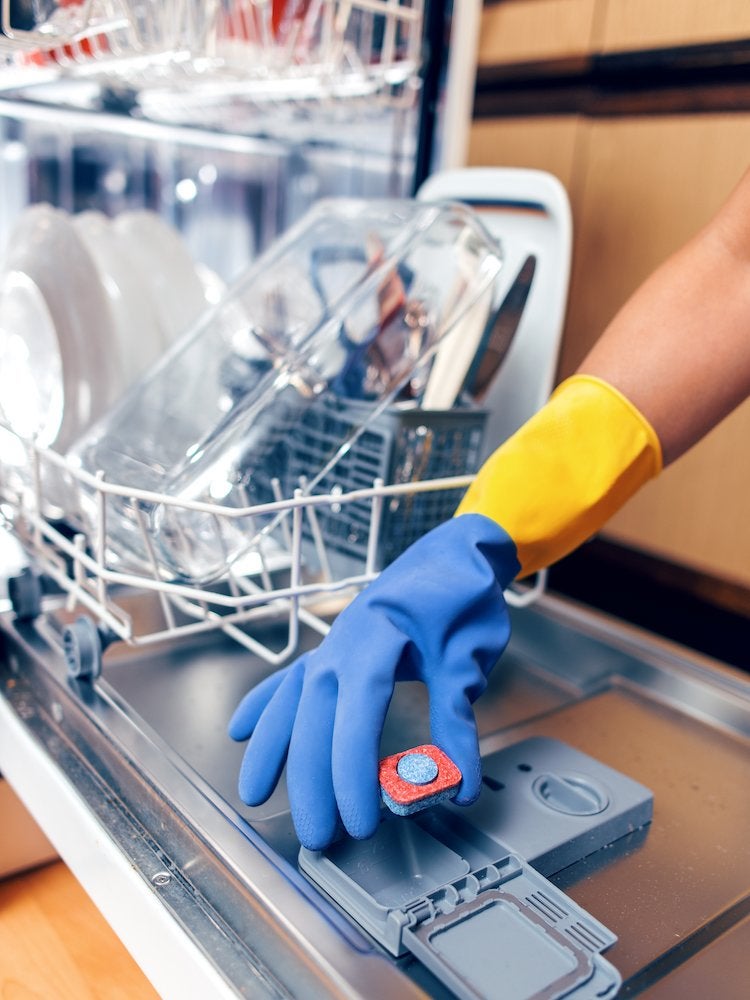
Use a high-quality dishwashing detergent and a rinse agent for the cleanest clean. Always pour the detergent into the built-in measuring cup inside the dishwasher to make sure that you use the appropriate amount. Never use dish soap designed for handwashing in the dishwasher.
Pay Attention to Cycle Selections
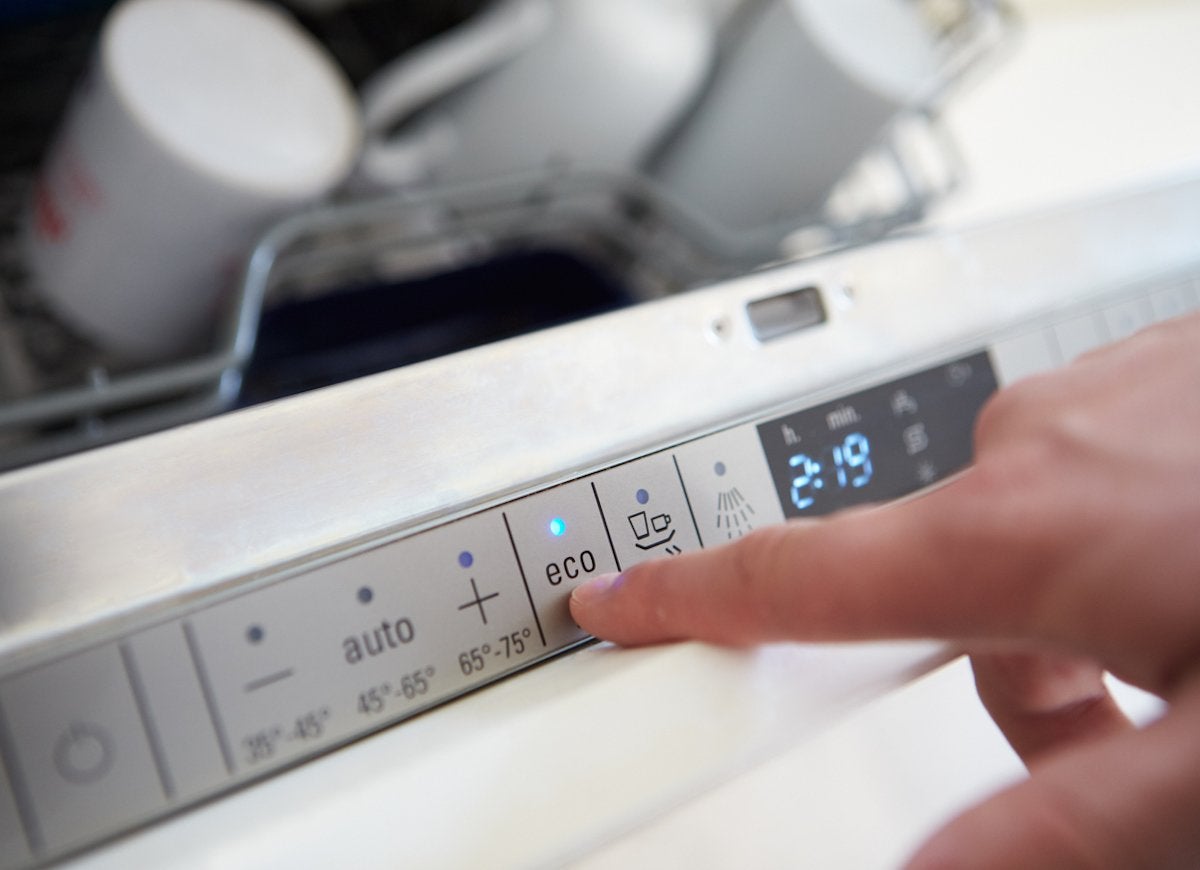
Check your owner’s manual, and always select the appropriate cycle for the dishes that you are cleaning. Most dishwashers have a regular cycle for normal cleaning, a heavy-duty cycle for deep cleaning or pots and pans, and a light cycle for china or fragile items.
Wash the Washer
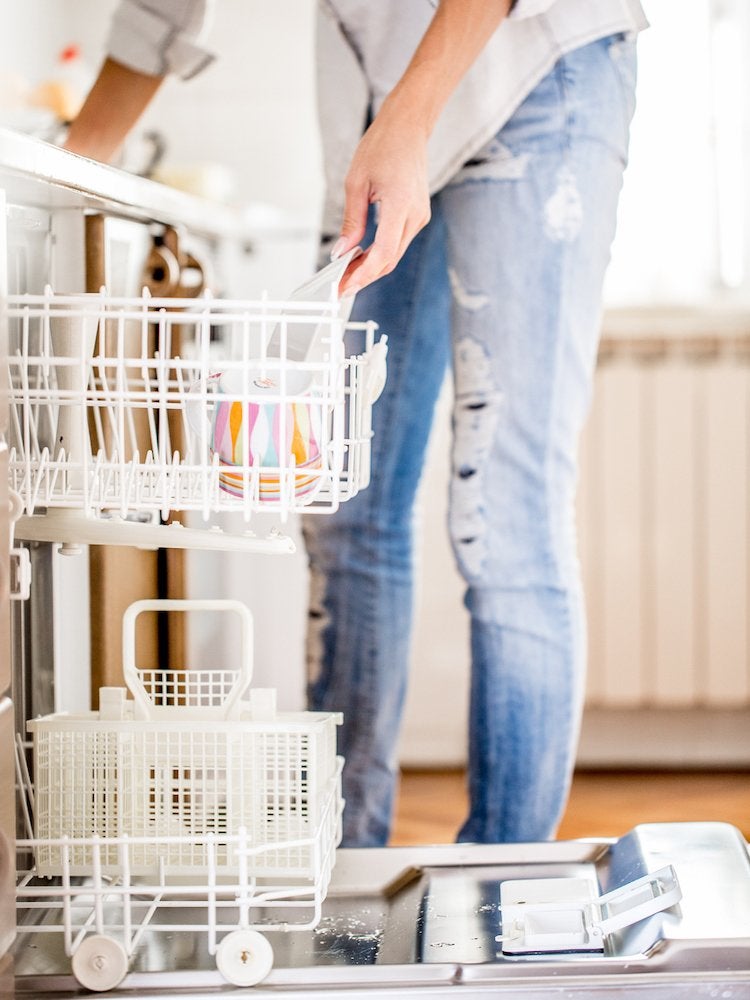
Dishwashers need to be cleaned occasionally to remove stuck-on food particles, residual detergent, and mineral buildup from interior mechanisms. To clean, run your dishwasher on a normal cycle using two cups of white vinegar instead of detergent. To go the extra mile, wipe down the interior walls and racks with a solution of vinegar and baking soda, making sure to rinse well once you’ve gone over all the surfaces.
Check for Clogs
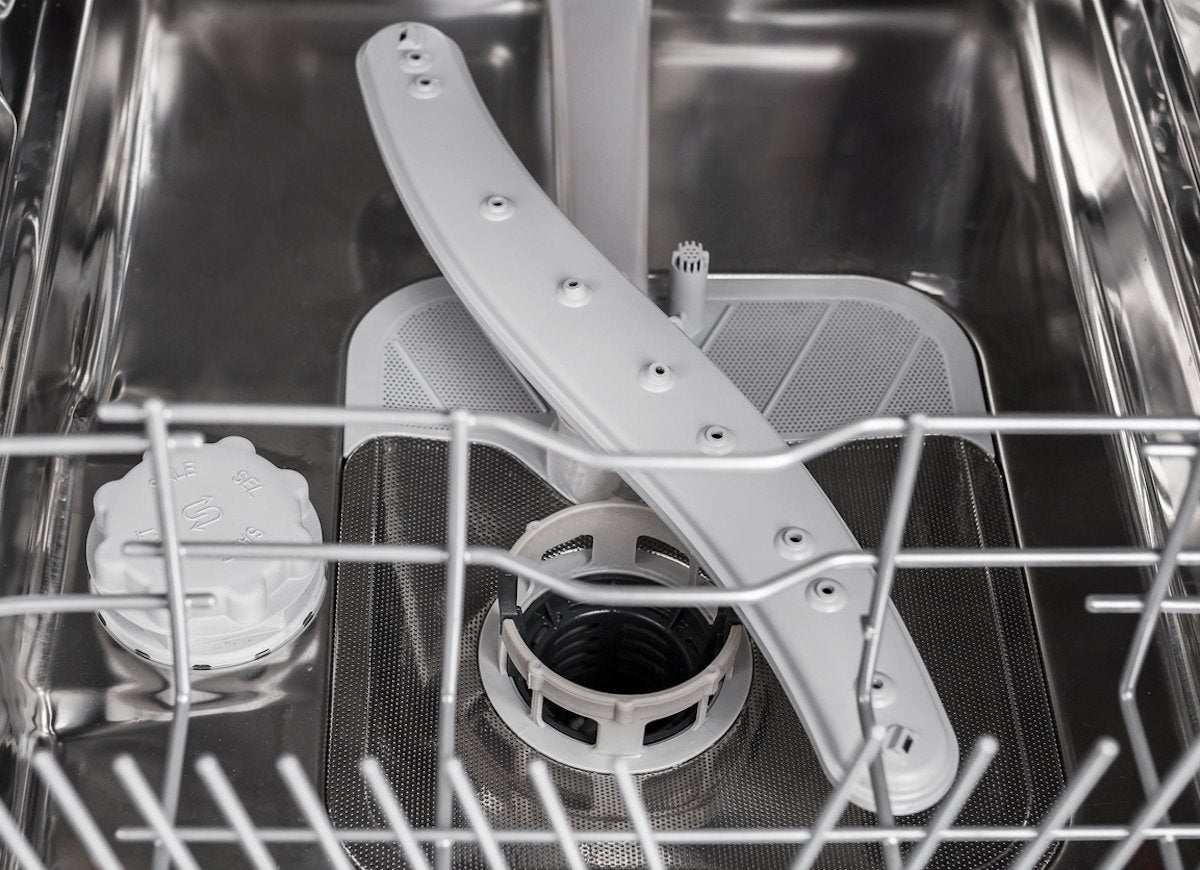
Occasionally, clogs may develop in the spray arm and the drain. Every so often, check the holes in the spray arm to make sure that they are not clogged with food residue or hard water minerals. Use a toothpick or needle to dislodge any particles. Also, check the trap and the drain to make sure food scraps or other objects are not blocking the area.
Stay Flexible
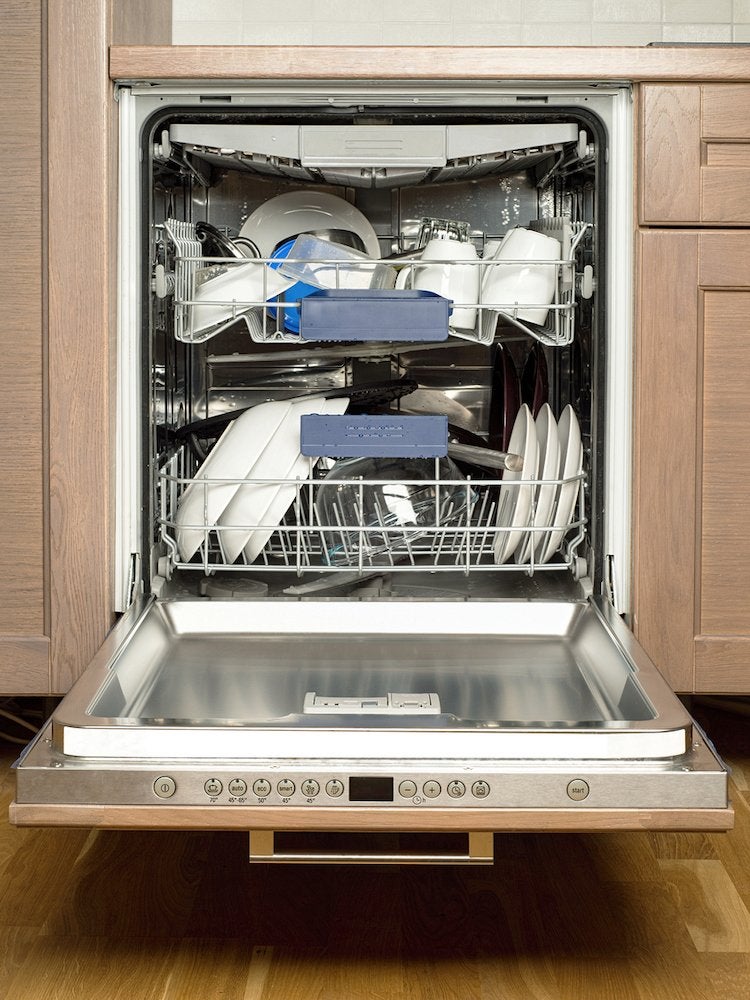
Gaskets and seals can dry out over time and develop cracks, which eventually cause the dishwasher to leak. You should check all the gaskets and seals—especially the main door gasket—on a regular basis to make sure that the rubber is still pliable, and replace if necessary.

